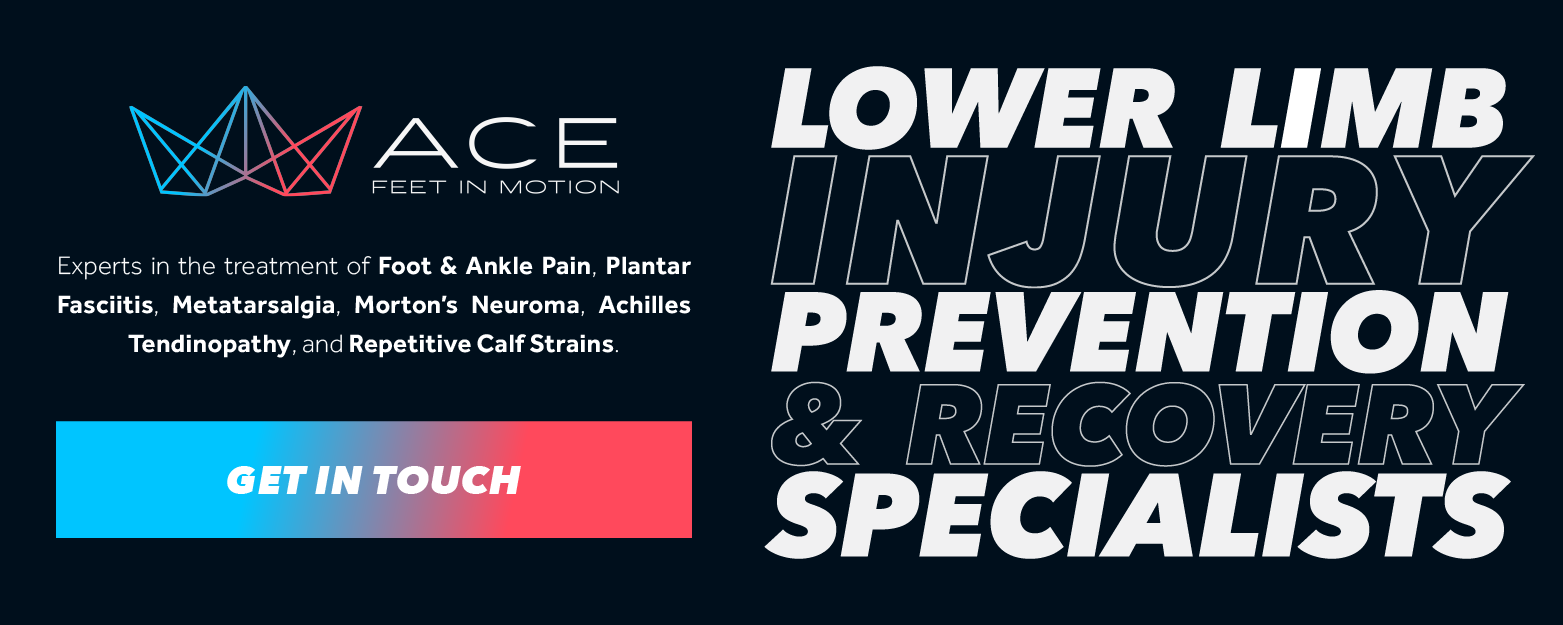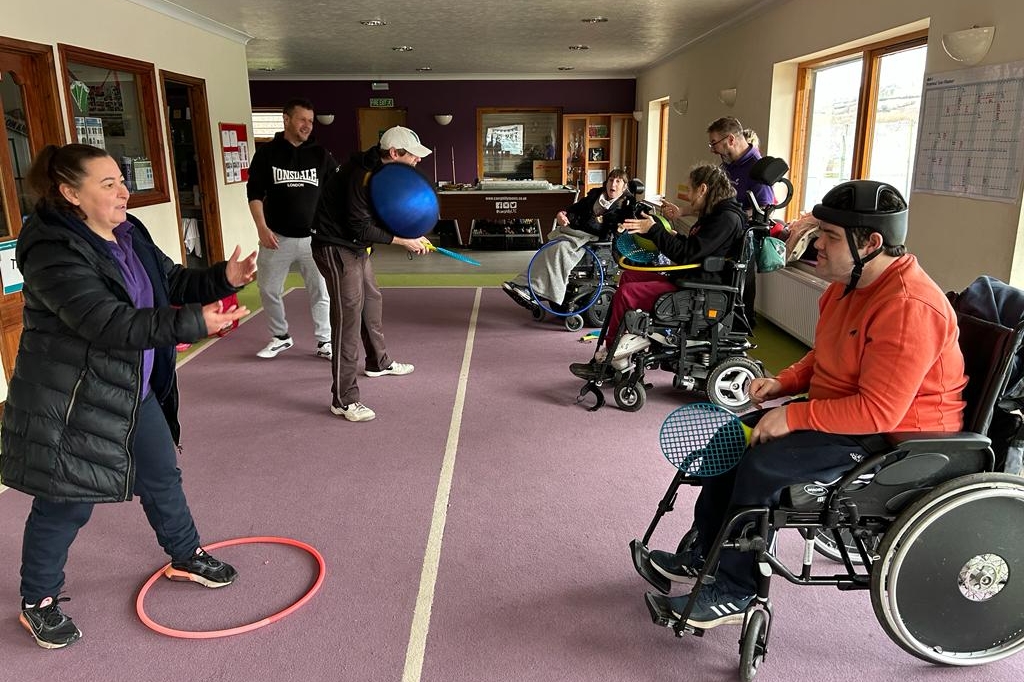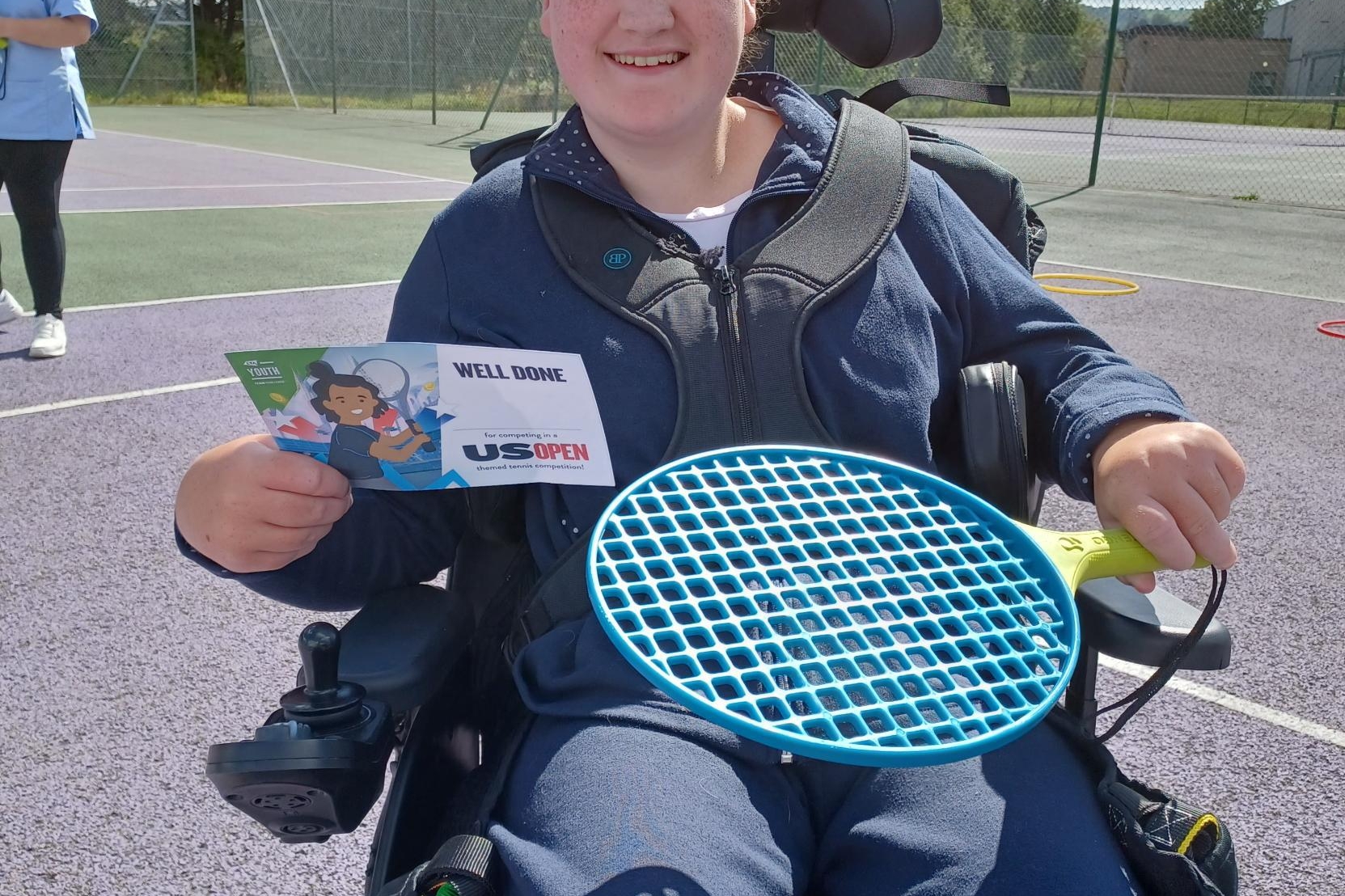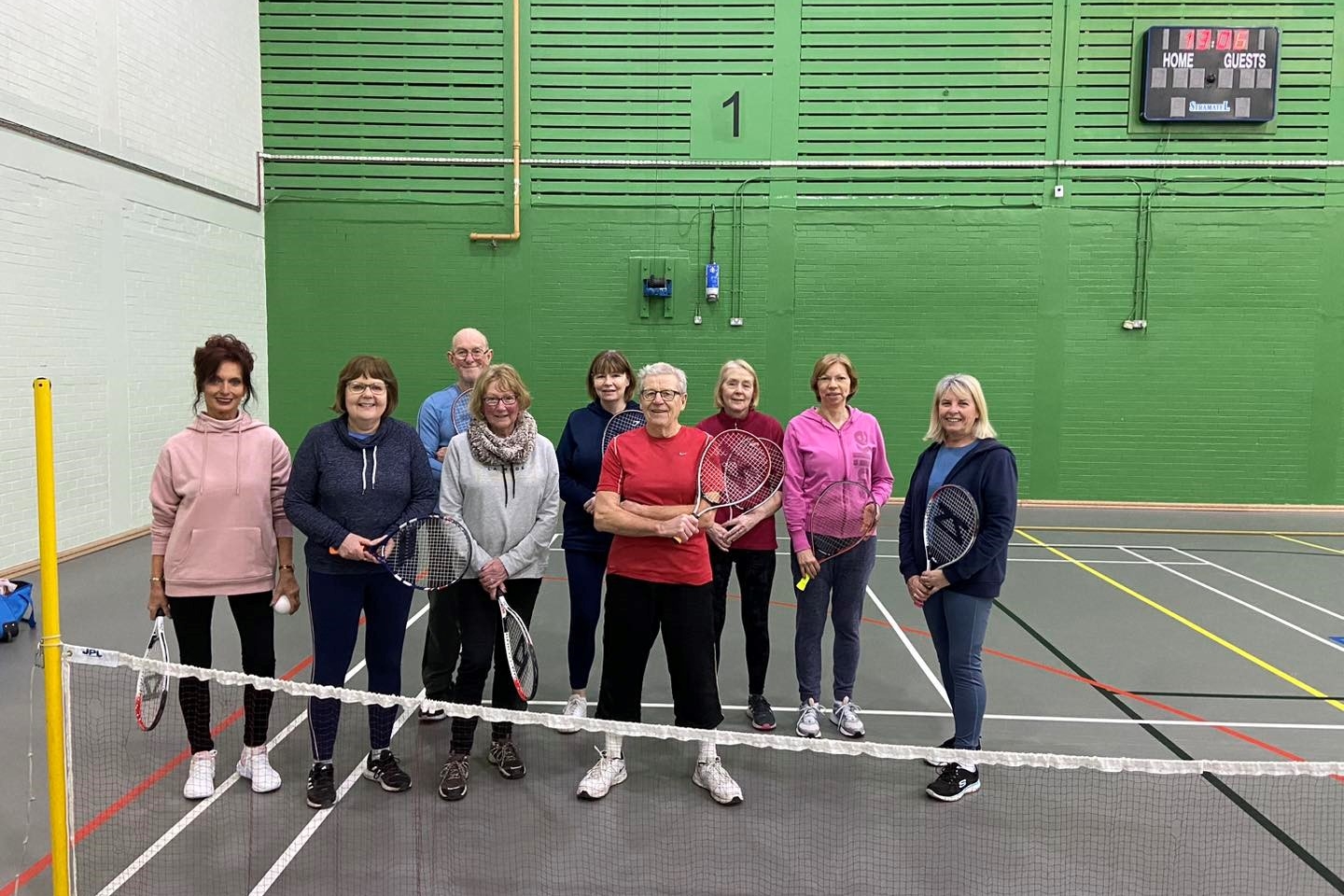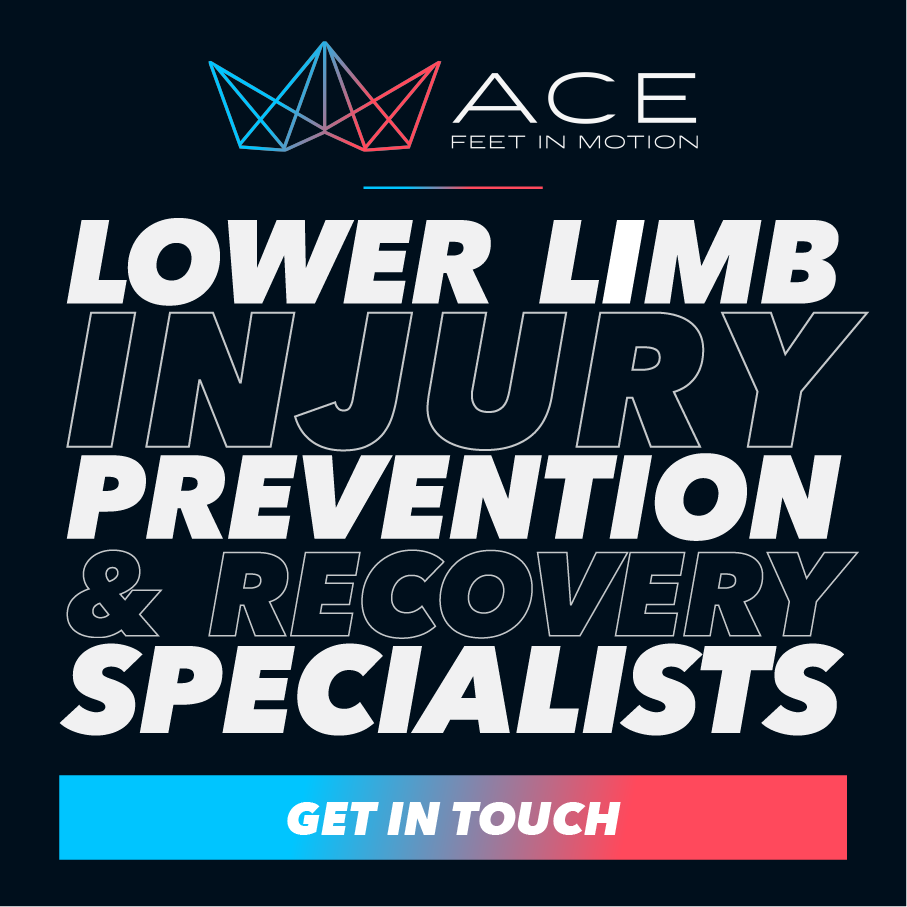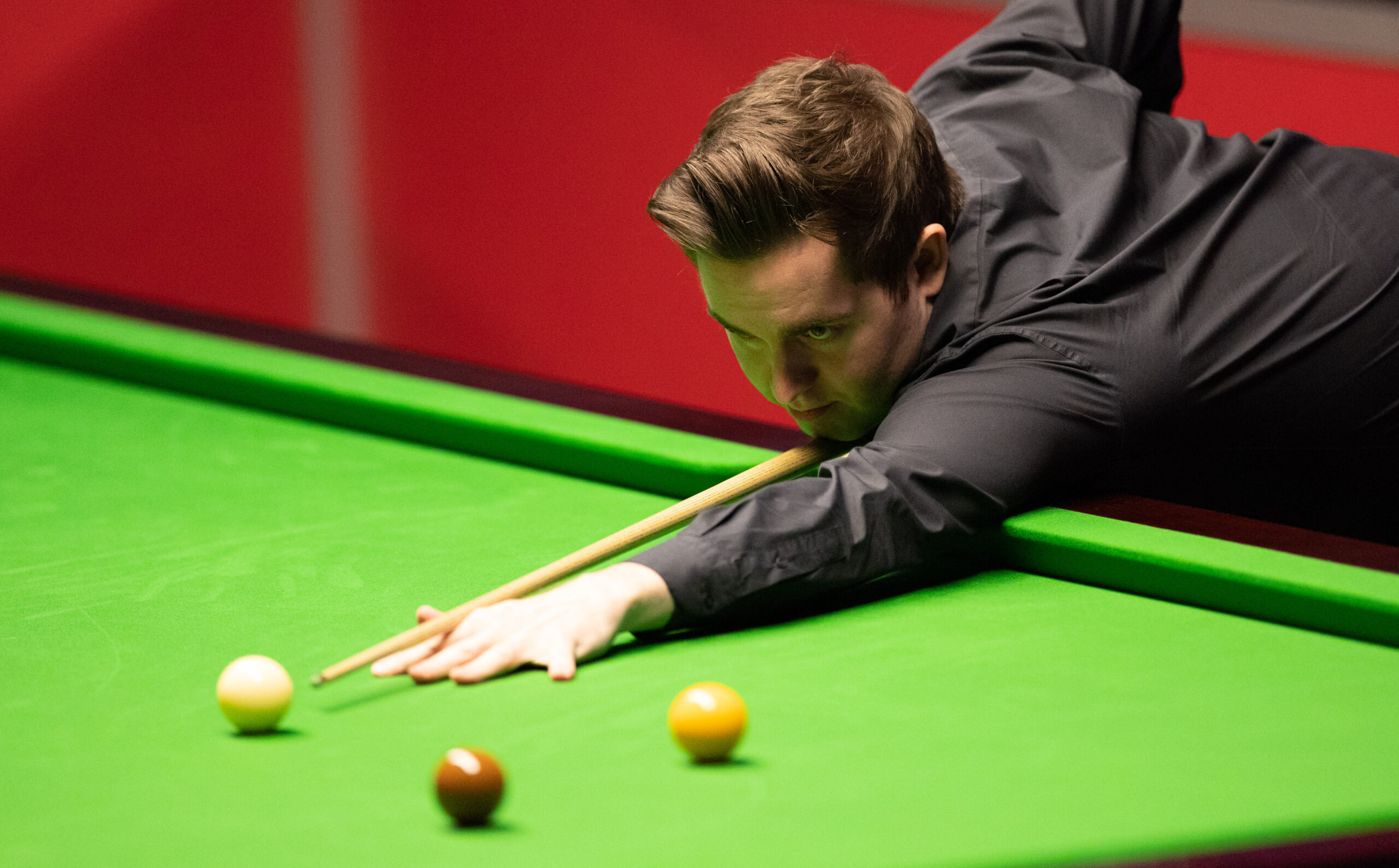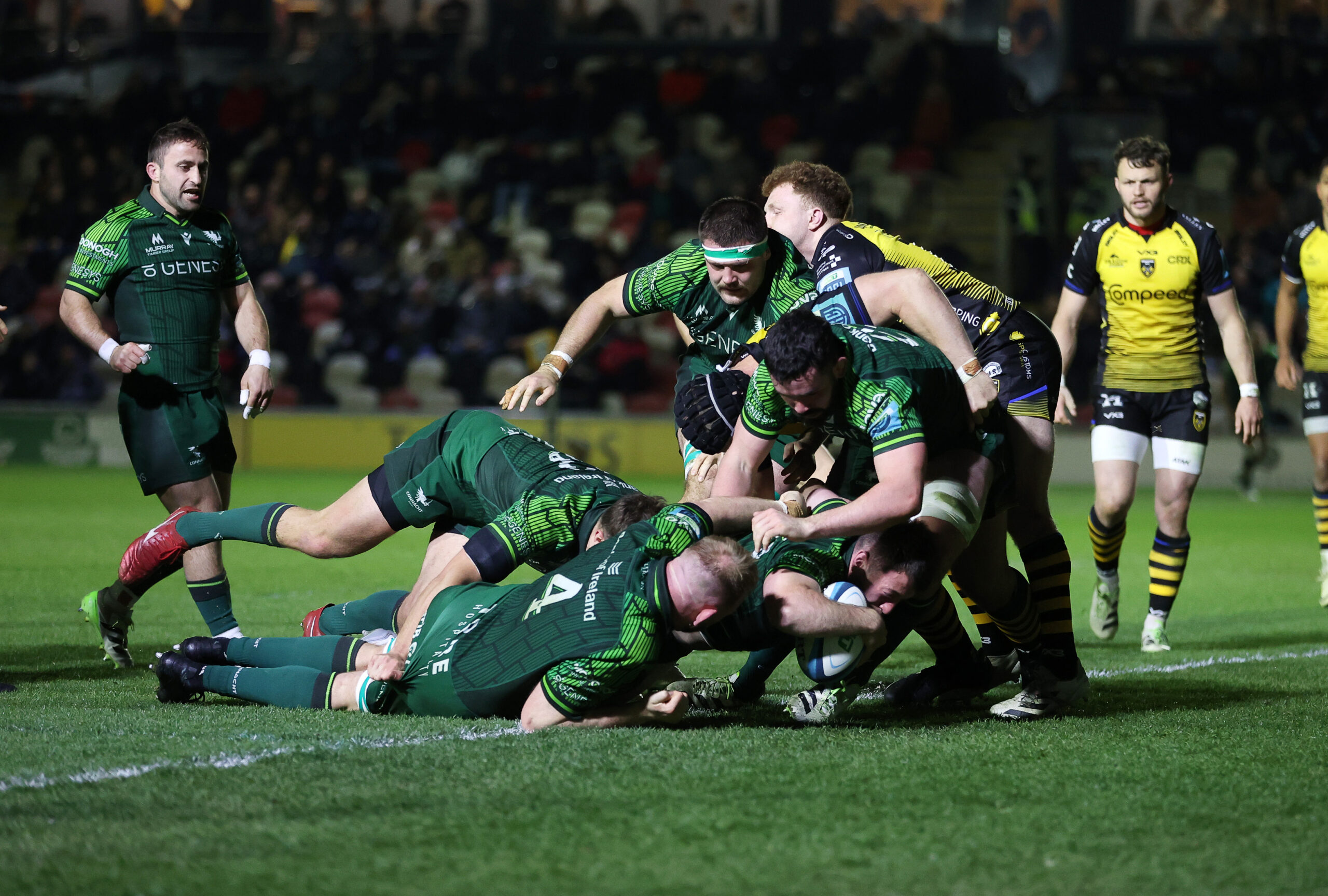Programmes in Wales ‘Opening up’ Tennis
Early September and the final grand slam of the year, the US Open, saw Brit Alfie Hewett retain his men’s wheelchair singles title – an 8th grand slam title of his career. Following victory at Flushing Meadows against fellow Brit and doubles partner Gordon Reid, Alfie was quick to outline his hope that his achievements will inspire more people to play, and that wheelchair tennis becomes available to more people, as it’s a great sport to play.
Here in Wales, we are working hard to give more people the platform to play tennis, with wheelchair tennis at the heart of our growing offer, alongside sensory tennis and walking tennis. All three, and visually impaired, hearing impaired, and learning disability tennis, are key activities to help Tennis Wales achieve its ambition of 1,000 disabled people playing tennis by the end of 2024.
We spoke to providers of sensory tennis, walking tennis and wheelchair tennis to find out more about positive impact they are making on people’s physical and mental health.
National disability charity organisation Sense and Tennis Wales have worked together to provide sensory tennis sessions for people with complex needs in Caerphilly and Cardiff. Sensory tennis takes away barriers that people with complex disabilities face with ball and team engagement sports, such as rules, or the complexity of the activity. Lauren Heath who leads the programme for Sense explained: “Sensory tennis strips this back. It focuses on the underpinning skills that make up tennis and is delivered in a way that means people with complex needs can achieve these skills in a way that is meaningful to them.”
The sessions are person-centred, focusing on individual outcomes and celebrating each achievement, with Lauren commenting: “The sessions are designed to be small, ensuring the coach can provide adequate support and deliver a high-quality session. So far, more than 20 individuals have benefitted from our community sessions.”
The benefits to participants on the programme are there for all to see and reach further than just the physical, while the programme has also broadened the experience of coaches. Lauren explains: “We’ve had some great success stories with participants improving their skill level and noticing changes in strength. One success that sticks with me is a young lady who has experienced reduced anxiety from attending a weekly session. Participants are not just benefitting within the session it is also feeding into their daily lives and wider outcomes.
“We’ve been working with coaches who have limited to no experience of disability delivery and now they are working with individuals who have some of the most complex needs. It’s amazing to be a part of changing the scope of disability tennis across Wales and creating a more inclusive environment where everyone can be involved.”
The ambition is to grow sensory tennis and Lauren revealed: “We are in discussions with other clubs across South Wales to embed Sensory Tennis into their programmes and hope to have another two sessions on offer for 2024. We’d also like to explore the option of a sensory sport festival day.”
Mike Herd is a tennis coach working in Flintshire and over the border in Cheshire, specifically at Hawarden Tennis club, Penyffordd Tennis club, and Helsby Tennis club. Mike’s coaching programme covers the full age range, from 3, to over 100, including people in care homes. Walking tennis is a key element of his inclusive offering, with 30 people taking part across three sessions a week, one of which is in North Wales.
Reflecting on what walking tennis brings, Mike says: “It’s truly inclusive and everyone can take part. It allows people to come together who maybe wouldn’t consider playing tennis due to existing health or injury concerns. We adapt to all levels and it’s all about going at their own pace where they can enjoy some safe exercise in a fun environment. The sessions are very sociable, and many have become really good friends and play outside of sessions.”
The benefit participants get from the programme is underlined by the comments of people who came to the group having never previously lifted a racket: “I had never played tennis before – but the group were so welcoming and by playing on smaller courts and with some coaching tips I was soon playing matches!”
Mike also personally gets a lot out of the sessions. He said: “I’m really proud to be delivering the walking tennis sessions and the reward is seeing people who think they can’t take part then going to love it and thriving. We are looking to deliver more sessions, once we have more coaches who become qualified.”
Wheelchair tennis has seen rapid expansion in Wales thanks to programmes like the one at Wrexham Tennis Centre. A spokesperson at the centre said: “The latest data from the Welsh Government suggests that over 20% of people who live in North Wales have some form of physical disability. “With this in mind, to live up to our vision of making tennis an accessible sport for everyone in Wrexham, Wheelchair tennis is one of many offerings we offer.”
The centre currently runs one weekly two-hour session for adult players, with 5-6 players taking part. Wrexham Tennis Centre wants to increase that number, and provide coaching for junior players, with the spokesperson saying: “Our new Tennis Manager, Aimee Kaye, is a passionate advocate for inclusion, particularly in the wheelchair space. She is very keen to increase our adult offering and extend the programme to cater for junior wheelchair players in partnership with Tennis Wales, the LTA, and the Local Authority. Our participants benefit from a high-quality coaching session delivered by two experienced coaches. The sessions are aimed at creating learning environments that challenge players within their skill zone. They also simultaneously provide an opportunity to meet new people and forge friendships with like-minded individuals.”
That outcome is reflected by player Tracey who says: “As a wheelchair tennis player, I find that from taking part in the courses I have really been able to work on different aspects of my game because the coach has knowledge of wheelchair tennis. It’s fun, enjoyable, a great workout, and it gets you out. Whether you have played before, I think anybody should give it a go.”
Sensory tennis, walking tennis and wheelchair tennis are all very different, ‘opening up’ tennis to even more people, many who wouldn’t have thought tennis was for them; whilst bringing associated physical, mental and social benefits.
Open Court
Our Open Court programme is a national disability tennis programme funded in partnership with the LTA. We collaborate with, train and invest into partners across Wales to open tennis up to disabled people of all ages and ability level.
The investment we make provides disability-specific sessions at a local level to encourage more people to pick up a racket and play. This includes learning disability tennis, wheelchair tennis, visually impaired tennis and deaf tennis. Tennis is also expanding its offer into other long-term health conditions such as Mental Health and Dementia.
Our Open Court disability coaching and training programme has expanded from nine venues in 2021 to more than 30 today. There are more than 500 participants on the programme, and we are on track for our 1,000 player target next year.




